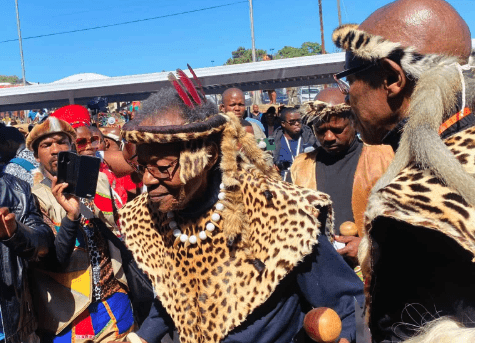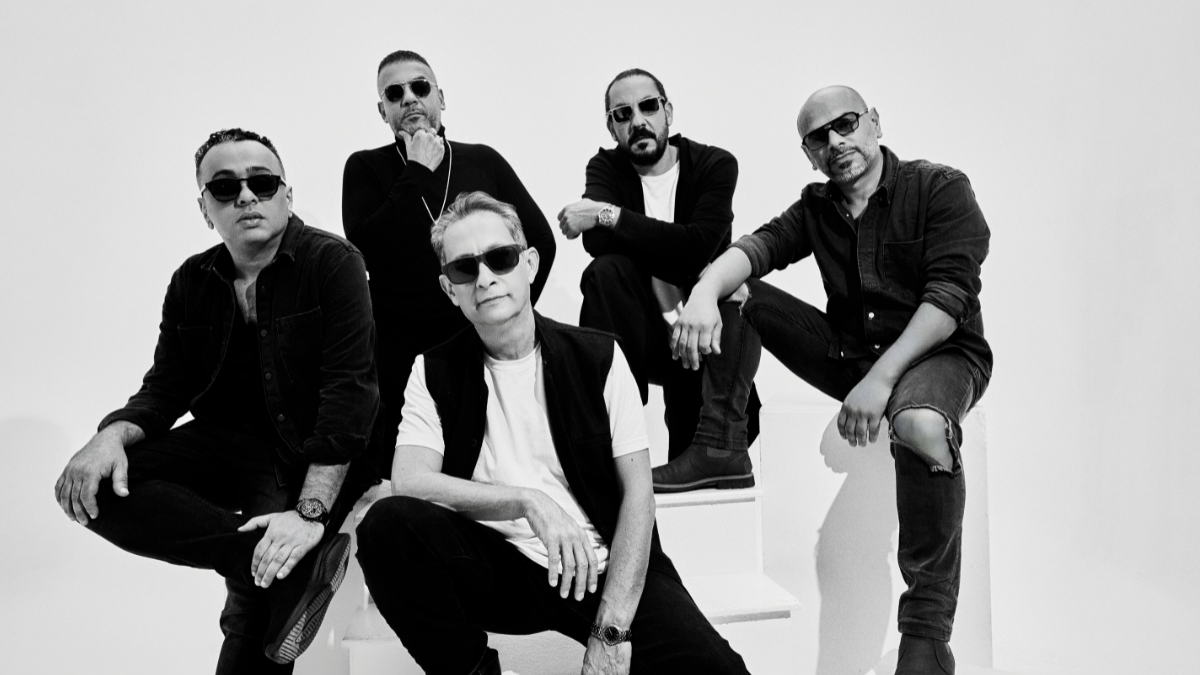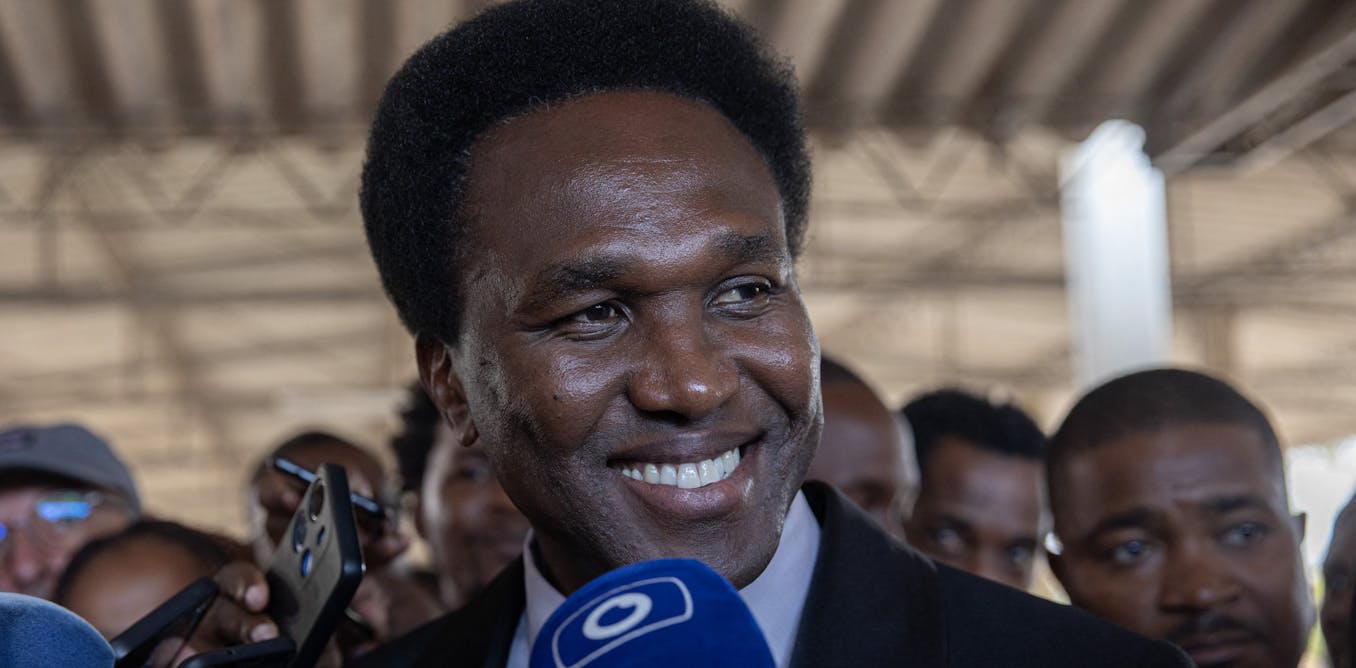Prime Minister Justin Trudeau suggests he wants to raise the issue of foreign interference in a meeting with Indian Prime Minister Narendra Modi at the G20 leaders summit — but it’s not clear yet if Modi will give him the opportunity.
Trudeau arrived in New Delhi Friday for the two-day summit. The G20 agenda is focused on climate change, food security, global energy needs, gender equality and the Russian invasion of Ukraine.
Trudeau’s government finally announced Thursday it will hold a public inquiry into allegations of foreign interference that have plagued Ottawa for months.
At a news conference in Singapore before leaving for India Friday, Trudeau said his schedule was still being finalized and a meeting with Modi had not been confirmed.
Indian High Commissioner Sanjay Kumar Verma has also been mum on whether Modi will make time for Trudeau.
“I’m sure they will meet each other. But what … the format of the meeting will be (is) difficult to say,” said Verma in an interview with The Canadian Press.
India has been a top source of foreign interference in Canada, Trudeau’s national security adviser Jody Thomas said earlier this year.
Trudeau suggested that if he’s granted a face-to-face meeting with Modi, he’ll bring up the issue of foreign interference.
“As always, we will emphasize how important the rule of law is,” Trudeau said Friday at a news conference in Singapore when asked what he would say to Modi about allegations that India has engaged in foreign meddling, including in relation to the large Sikh population in Canada.
The Khalistani separatist movement
Trudeau said China is not the only country deserving of scrutiny.
“It is incredibly important that we continue to protect Canadians from any and all types of interference,” he said Friday morning.
“One of the things we’re focused on in this inquiry is recognizing, yes, China and Russia are responsible for interference, but other countries engage in it as well,” he said, adding the commission “will go where the facts bring them.”
New Delhi has argued that elements in Canada have been behind interference in domestic affairs in India, including in relation to the Khalistani separatist movement, which advocates for part of the Indian state of Punjab to become an independent country.
The Indian government perceives this as an extremist movement that endangers national security and has long accused Canada of harbouring extremists. Ottawa has maintained that freedom of speech means groups can voice political opinions so long as they are not violent.
‘Not one issue will sidetrack the entire relationship’: envoy
Tensions increased in June after the fatal shooting of a gurdwara leader in Surrey, B.C., which some in the Sikh community say was a politically motivated attack.
Police said they have no evidence of any links to foreign interference and had no reason to believe the Sikh community in Canada is at risk.
Nadir Patel, Canada’s former high commissioner to India, said the two countries have a resilient relationship despite some challenges.
“This is a thriving relationship, and you can’t say that about too many countries. India is among our fast growing trading partners, and the relationship is far more resilient than to be sidetracked by one or two issues,” Patel said.
This is Trudeau’s first trip to India since his controversial visit in 2018. At the time, Modi appeared to ignore Trudeau’s presence entirely until the final days of the 10-day visit.
Patel said many of India’s priorities at the G20 align with Canada’s interests.
“The G20 will serve as an opportunity to make headway in those areas, but use those dialogues to bridge gaps that may exist elsewhere,” Patel said.
The trip also comes as Canada has paused ongoing negotiations for a trade agreement with India.
Earlier this week, federal Trade Minister Mary Ng said the pause is only “a reflection to take stock of where we are.”
On Friday, Trudeau said he had nothing to add.
“We know the negotiations around free trade are long and complex and I won’t say any more at this time,” he said.













;Resize=(1180))







Discussion about this post